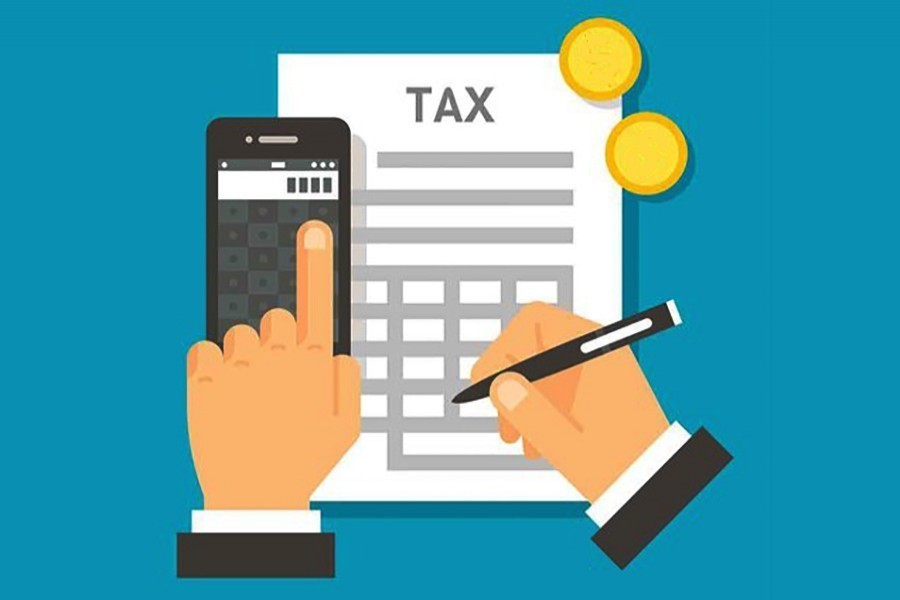Bangladesh's current taxation system confronts major challenges in upgrading tax-base as it plays into the hands of political elites and provides special benefits to some target groups, says a policy paper.
Citing the outcome of a research, the policy document says as many as 926 statutory regulatory orders (SROs) had been issued between the fiscal year (FY) 2014-15 and FY2018 for providing special benefits to some select groups.
Referring to another study, it says: "The current system delivers low and predictable tax rates to businesses, provides extensive discretion and opportunities from the tax administration, and acts as an important vehicle for political elites to raise funds and distributes patronage and economic rents."
The policy paper was presented Monday at a meeting on 'Resources Mobilisation for Bangladesh's Smooth Graduation from the Group of LDCs: Issues, Challenges and Way Froward', jointly organised by the Economic Relations Division (ERD) and the UNESCAP.
Policy Research Institute (PRI) research director Mohammad Abdur Razzaque Khan and trade and tariff expert Mostafa Abid Khan presented the policy paper.
Presided over by ERD Secretary Fatima Yasmin, the meeting was addressed by Finance Division Secretary Abdur Rouf Talukder, Chief, Section on Countries in Special Situations of the ESCAP, Mr Oliver Paddison, and two National Board of Revenue (NBR) members, among others.
In the presentation, Mr Razzaque and Mr Abid said although Bangladesh's per-capita income between FY2013 and FY2019 had almost doubled, its tax revenue per taxpayer declined.
"Personal income tax as percentage of GDP is around 1.0 per cent in Bangladesh, while it is 3.6 per cent in Asia-Pacific countries and 3.1 per cent in African countries," the paper reads.
They suggest taking steps to boost the personal income tax from the current level to minimize the tax-GDP ratio, which is one of the lowest in the globe.
Mr Mostafa Abid Khan told the FE that the government could take step to enhance the personal income tax rate in the highest-income circles of Bangladesh.
"It is possible to increase the personal income tax-GDP ratio to 5.0 per cent from the current level of around 1.0 per cent."
Mr Abid says tax-revenue collected by the NBR has increased more than 11 times since 2000. However, in recent years, the growth in tax revenue has been lower than that of nominal GDP.
In his presentation, Mr Abid said VAT-revenue yield as percentage of GDP reached above 3.5 per cent in FY2011 and then declined to below 3.5 per cent.
A senior ERD official says Bangladesh is trying to prepare itself for becoming a developing nation after the LDC graduation in 2026 when internal resources mobilisation for development could be a big challenge.
"The recommendations from the meeting would benefit the government for future policymaking," he adds.
Former World Bank (WB) Lead Economist Dr Zahid Hussain told the FE that a key challenge in the country's revenue mobilisation is a lack of implementation of the decisions and policies made by the government.
"Sometimes the tax administration changes its decision considering the political economy rather than the real economy. So, a target group gets benefit instead of the government or the general people," he adds.
The NBR itself had shown that it is losing a huge amount of revenue every year due to waiver and frequent policy changes for the taxpayers, the former WB economist says.
Dr Hussain suggests the government should separate the tax policy and tax administration for boosting the domestic resources and facing the future challenges for LDC graduation.


